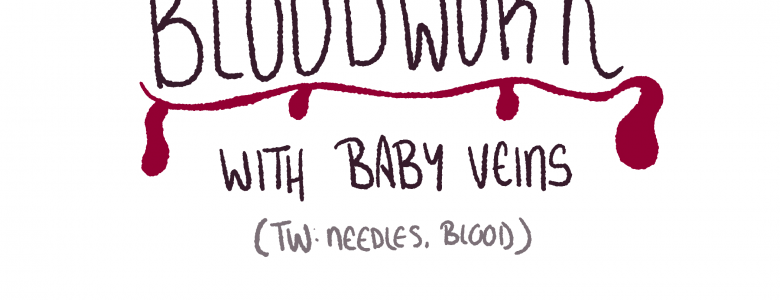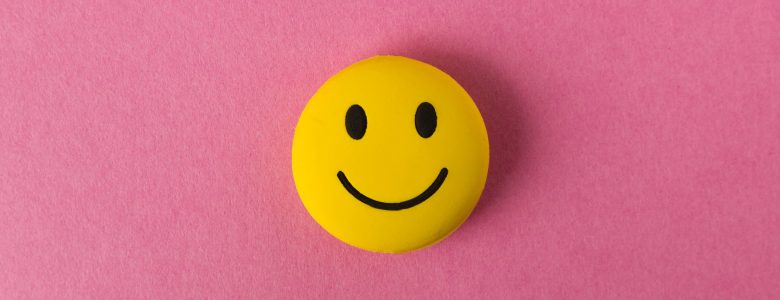January 30, 2021
Curaleaf to Open its First PA Dispensary in Harrisburg

Nationally-recognized cannabis operator Curaleaf Holdings announced they’re opening the doors to their first Curaleaf-branded dispensary in Pennsylvania on Tuesday, Feb. 2.
A ribbon-cutting ceremony will be held outside of the new dispensary at 7040 Jonestown Road in Harrisburg on Tuesday at 1:15 p.m.








